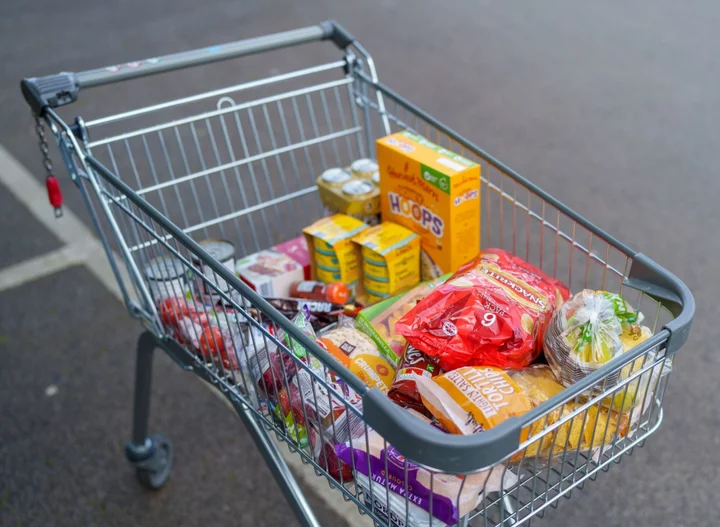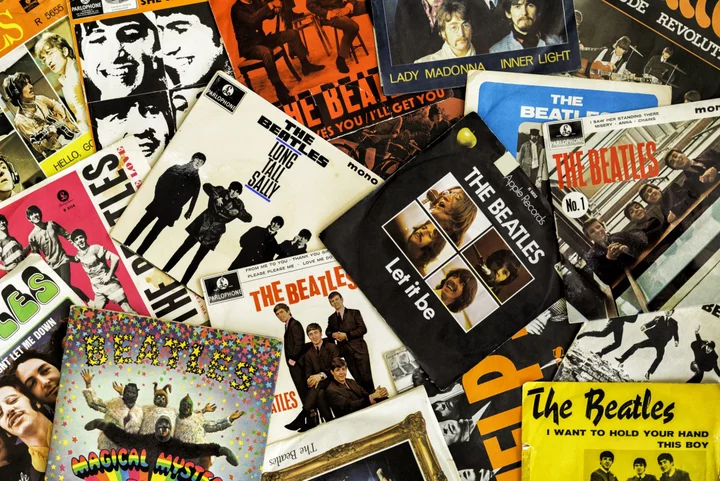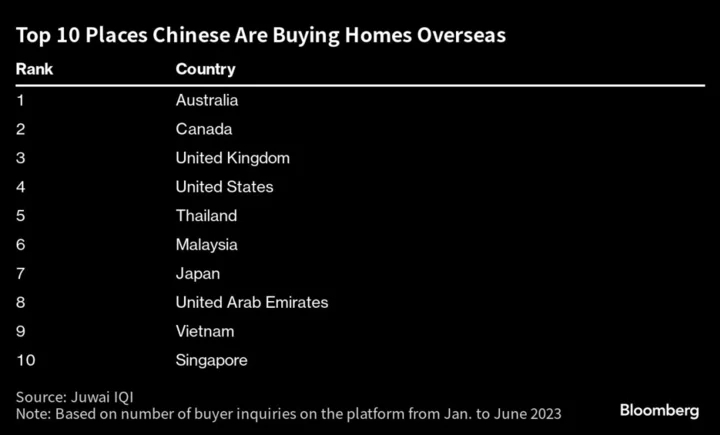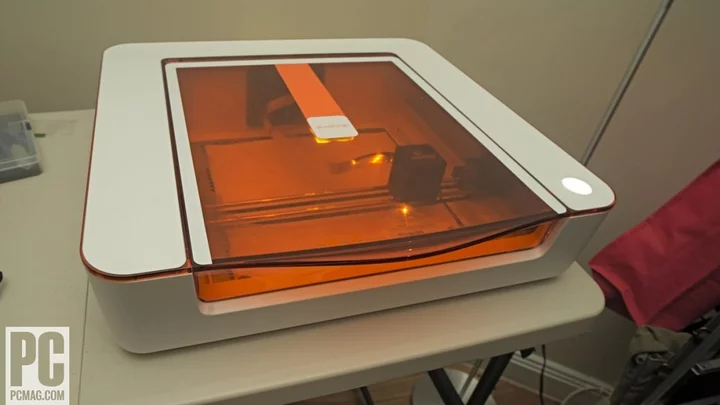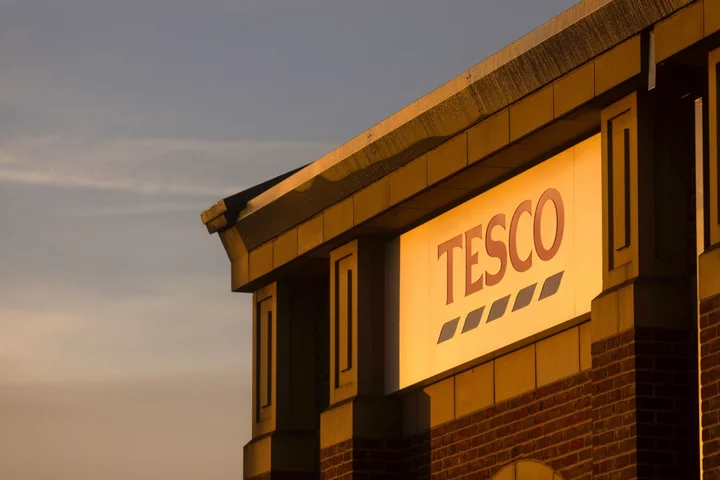Prices in UK stores fell for the first time in two years, in another sign that the cost-of-living crisis is starting to ease.
The British Retail Consortium said Tuesday that shop prices were 0.1% lower in July than in June. Annual inflation dropped to 7.6% in July compared with a year earlier, down from 8.4% in June.
Food price increases decelerated for the third month in a row to 13.4%, according to the BRC data — the lowest rate since December. Cooking oils, fats, fish and breakfast cereals became cheaper while clothing and footwear retailers slashed prices due to wet weather.
The figures reveal some relief for households struggling with tight budgets, although rising interest rates are continuing to lift mortgage costs for many homeowners. The Bank of England will decide on Thursday whether to hike rates again from the current level of 5%.
Read More: UK’s War on Inflation Is Hitting Families and Renters Hardest
In the battle to attract squeezed shoppers, supermarkets are highlighting price reductions and encouraging shoppers to sign up to their loyalty programs.
Ukraine
“These figures give cause for optimism,” said Helen Dickinson, chief executive officer at the BRC.
Still, Dickinson warned that there are supply chain issues ahead that could increase costs for retailers. Global commodity prices may rise following Russia’s withdrawal from a grain shipping agreement with Ukraine and restrictions on rice exports from India, she said.
Food inflation in Britain could be past its worst now, Tim Steiner, chief executive officer of Ocado Group Plc said last month. However, there could be a time lag before a positive effect is seen in stores, Steiner said.
Retailers are shifting efforts from everyday low pricing, including on store-brand products, to loyalty programs such as Tesco Plc’s Clubcard or J Sainsbury Plc’s Nectar card.
Aldi announced price cuts of as much as 36% last week on fruit and vegetables while Sainsbury made £4 million ($5.1 million) worth of reductions on toilet paper and kitchen towels, passing on the falling cost of pulp to consumers.
“While inflation remains high, the outlook is improving,” said Mike Watkins, head of retailer and business insight at NielsenIQ, which produces the data for the BRC.

